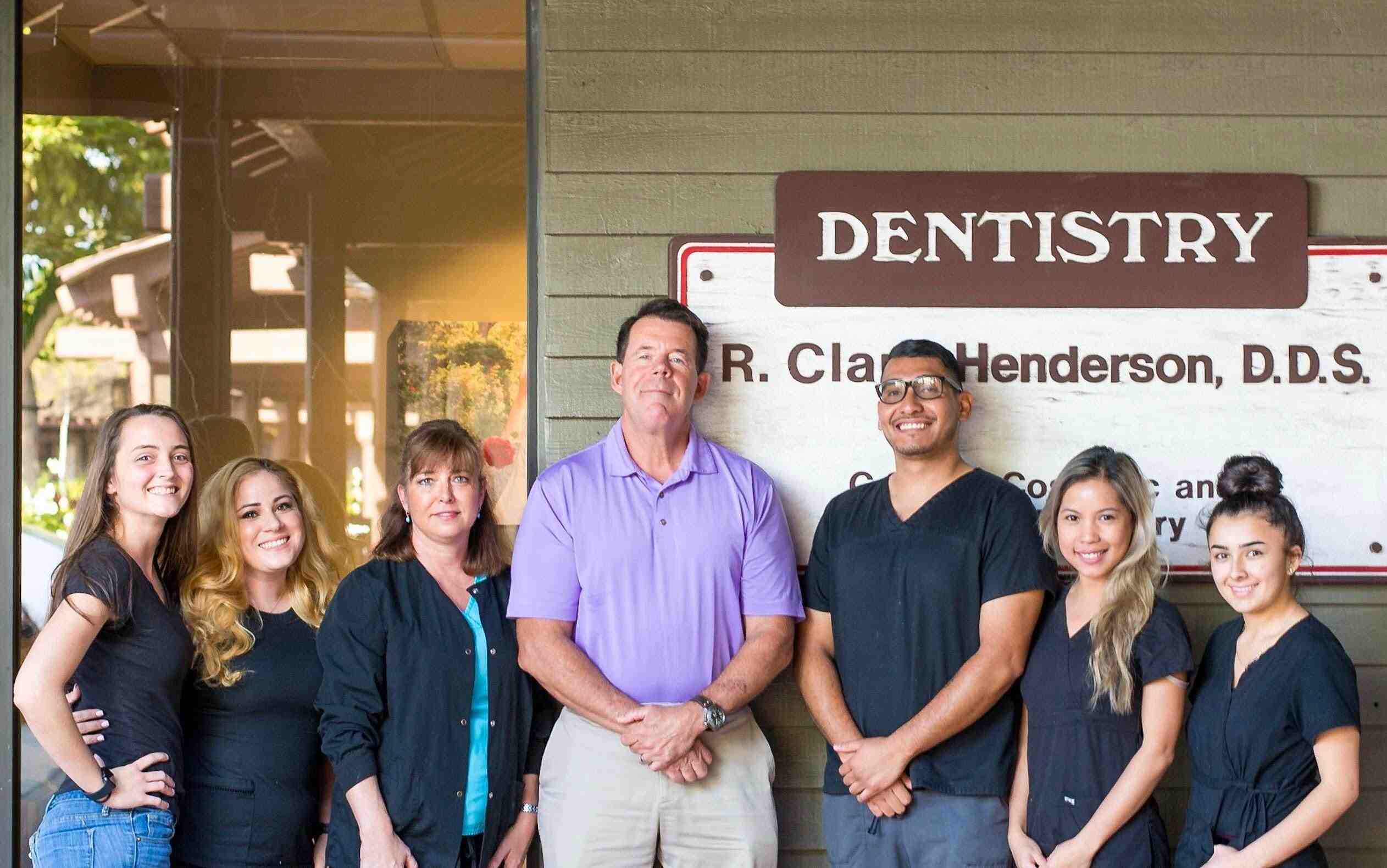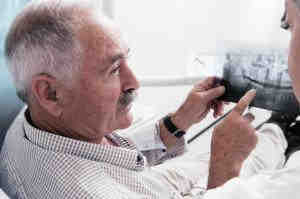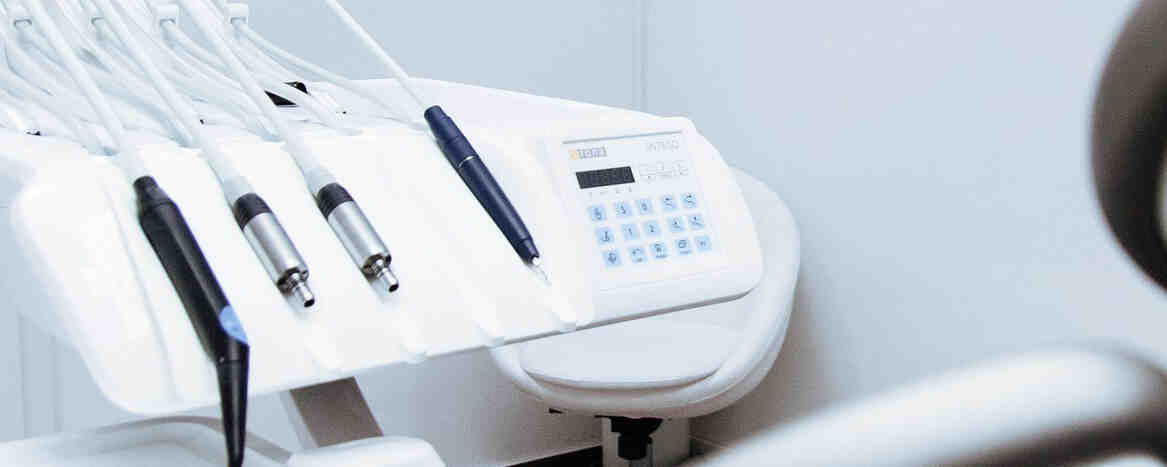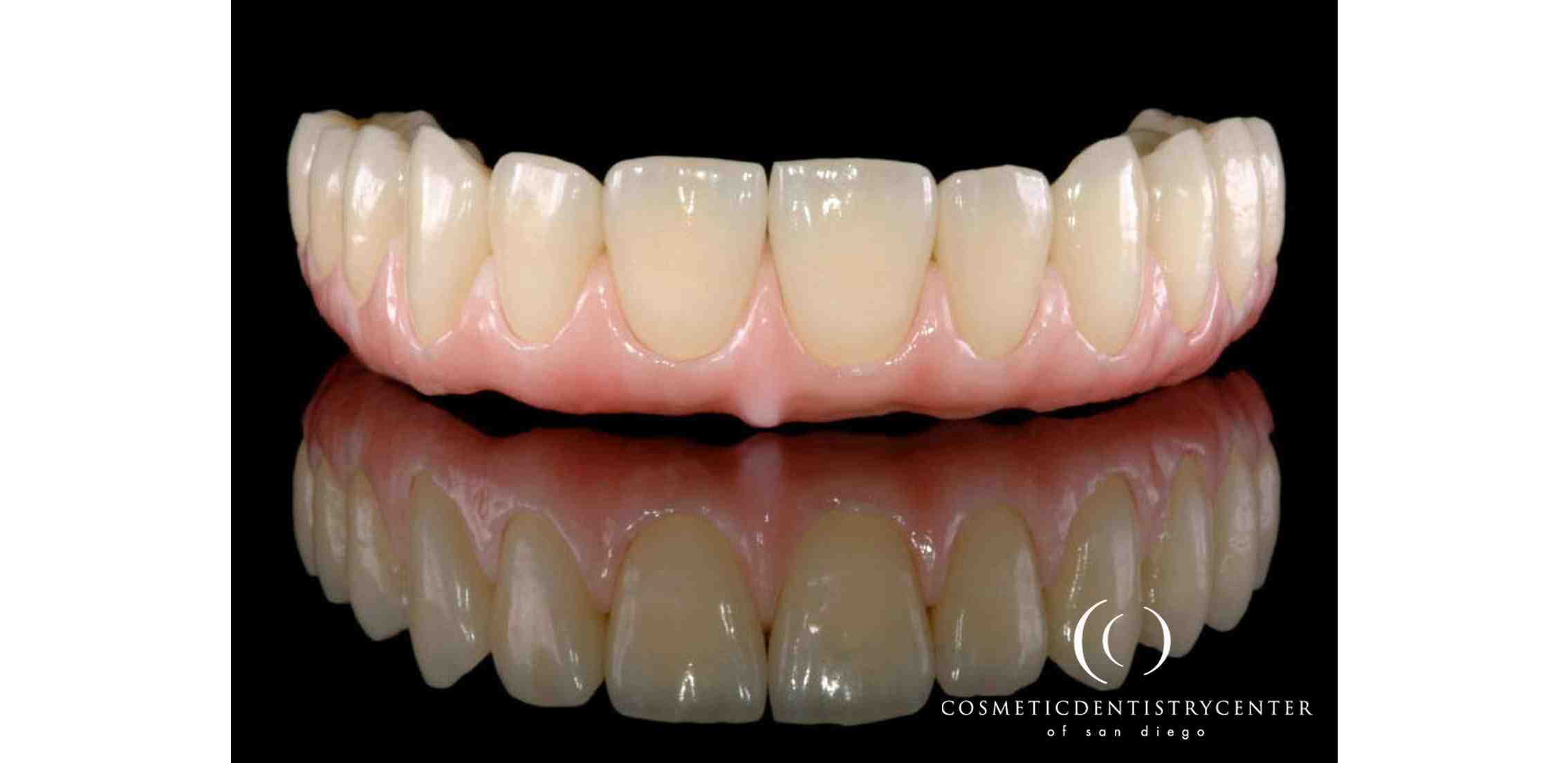Can ultrasonic scaler damage teeth?

An ultrasonic scaler allows our hygiene to thoroughly remove limestone from your teeth in a way that is very gentle, resulting in minimal or no damage to your teeth and tooth roots, which is critical.
Can Waterpik remove tartar?
Water Wire When used regularly and correctly, it can be more effective than string wire at reducing plaque. One study found that those who used a water floss plus manual toothbrush had a 74 percent reduction in whole-mouth plaque compared to 58 percent for those who used a manual toothbrush and floss.
How can I remove plaque from my teeth without going to the dentist?
Here are 10 tips to remove tooth plaque naturally.
- Brush and floss. The easiest and most convenient way to remove tooth plaque is regular brushing and flossing. …
- Mouthwash. …
- Baking soda. …
- Balanced diet. …
- Sesame seeds. …
- Spicy food. …
- Vinegar solution. …
- Coconut oil.
How can I remove tartar from my teeth without going to the dentist?
Clean with baking soda – A mixture of baking soda and salt is an effective remedy for tartar removal. Brushing teeth with baking soda and salt softens the calculation, making it easy to remove. The mixture should be scrubbed smoothly on the teeth using a toothbrush.
Is it safe to use a dental scaler at home?

Our hygienist will use this scaling to perform dental scaling that breaks down plaque or tartar without damaging your teeth. Once your teeth and gums are clean, your enamel is polished, removing any stains. Our dental team does not recommend that our patients use a dental scales at home.
What does a dental scaler remove?
A dental peeler (or otherwise known as a plaque scraper) is a tool used to remove hardened plaque that builds up between our teeth and under our gums, which can happen when we have not brushed our teeth well and long enough, and when we have not flossed or used intermediate toothbrushes between the teeth regularly.
How do you use a dental scaler to remove tartar at home?
Dental Scaler:
- Place the top of the basket on the scaler flat against the tooth surface.
- Gently pull away from the gum line to the biting edge of each tooth.
- Plastic Dental Scaler is safe to use daily.
- Use Stainless Steel Scaler once a week.
Do dentists recommend ultrasonic tooth cleaners?

Given the above point about greater pressure on the teeth and potential dental malpractice with manual scaling, it is not surprising that ultrasonic scalers have been shown to be less harmful to the enamel. If you have sensitive teeth or weakened enamel, we recommend absolute ultrasonic cleaning rather than manual scaling.
Is it OK to scrape plaque off your teeth?
While plaque needs to be removed to care for your teeth properly, it should never be tried at home. Plate scraping should always be performed by a dentist, a dental hygienist or a dentist. Rubber recession. Because plaque scrapers are sharp, improper use can damage the delicate chewing gum tissue.
Can I use an ultrasonic scaler at home?
Although it is not recommended to use a plaque scaler at home, there are many ways to keep your teeth healthy between professional dental cleanings. Floss. Using dental floss to clean between your teeth once a day is the best way to ensure that you thoroughly clean every surface in your mouth.
Is ultrasonic scaling better than hand scaling?

Research has shown that ultrasonic scaling instruments are at least as effective as manual scaling devices for removing tartar from tooth surfaces, including inside low chewing gum pockets.
What are the side effects of scaling?
Regular scaling procedure avoids future accumulation of bacterial plaque below the gum line, which helps ward off dental complications. Side effect can also increase the sensitivity of the teeth to cold and hot food. Insufficient scaling exposes roots after the gums begin to shrink, resulting in bleeding of the gums.
What is an ultrasonic scaler used for?
Ultrasonic scales are used to quickly remove calculus from the tooth surface. The scaling tip vibrates in the ultrasonic range of 20-45 kHz (ie 20,000 to 45,000 times per second) with an optimal frequency between 18 kHz and 32 kHz.
Does hand scaling hurt?
Hand scaling is the traditional method of plaque removal. It is an effective technique, but takes a little longer, and some patients find the feeling of having their teeth scraped of metal a little uncomfortable.